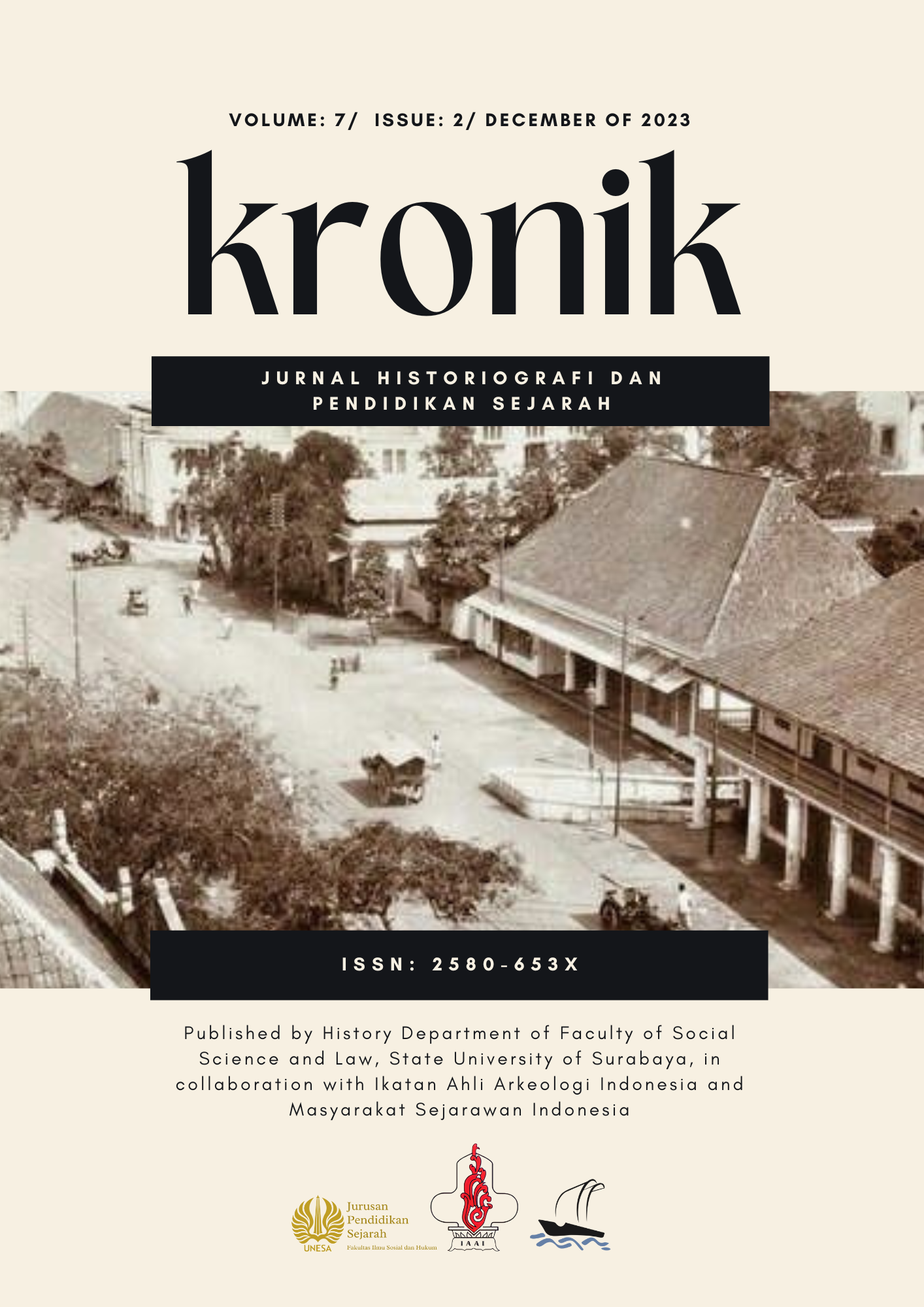Parenting Patterns of Parents in Constructing Social Ability of Children with Disabilities (Case Study of Deaf-Mute Children in Gondang Nganjuk)
DOI:
https://doi.org/10.26740/kjhi.v7i2.29229Abstract
The family as the first socialization agent for children can determine the future. In relation to this, during the socialization period, parents also implement parenting styles for their children. This also affects the social abilities of children. In this study, the subjects were deaf-mute children in the Gondang District, Nganjuk Regency. Children who are deaf-speech are children who have abnormalities or disorders in the ability to hear and speak. The purpose of this research is to describe the parenting pattern for children with hearing impairments so that they have good social skills. Thus, the formulation of the problem in this study, namely how can parenting parents construct the social abilities of children with hearing impairments? The methods used in this research are literature study and phenomenology. The theory used in this study is the social construction theory of Peter L. Berger and Thomas Luckman. The results of the research conducted show that the parents of children with hearing impairments adopt a democratic parenting style. This parenting style can form children's good social skills, shown by the way children interact with their surroundings, make life decisions, their level of self-confidence and acceptance of their condition are similar to non-disabled children. In addition, the socio-economic background of children with disabilities helps shape self-confidence in children.
Downloads
Published
How to Cite
Issue
Section
License
Copyright (c) 2024 Universitas Negeri Surabaya

This work is licensed under a Creative Commons Attribution-NonCommercial-ShareAlike 4.0 International License.
 Abstract views: 251
,
Abstract views: 251
, PDF Downloads: 252
PDF Downloads: 252








